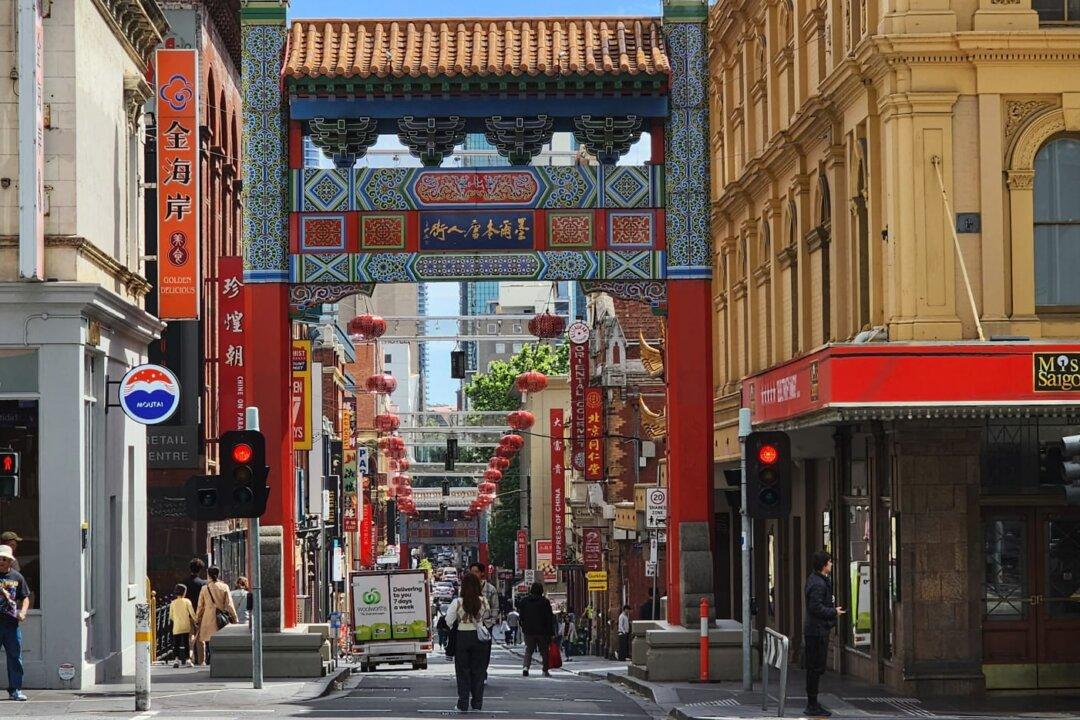Commentary
The revelation by a former Chinese operative that some 1,200 spies for the Chinese Communist Party (CCP) are active in Australia does not come as a shock, and was unsurprising for anyone with experience with the local diaspora.

The revelation by a former Chinese operative that some 1,200 spies for the Chinese Communist Party (CCP) are active in Australia does not come as a shock, and was unsurprising for anyone with experience with the local diaspora.